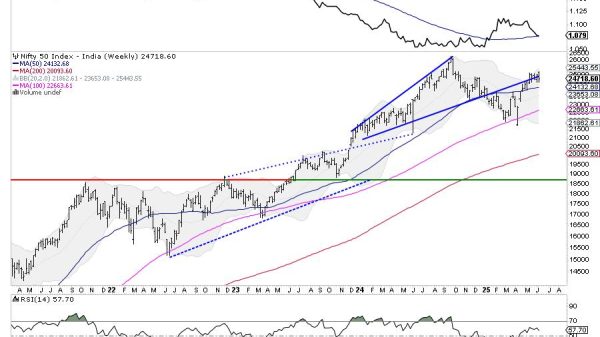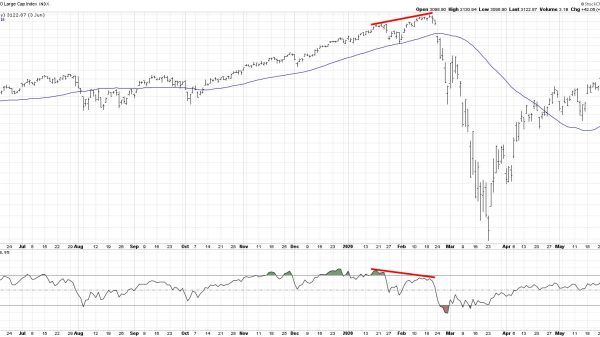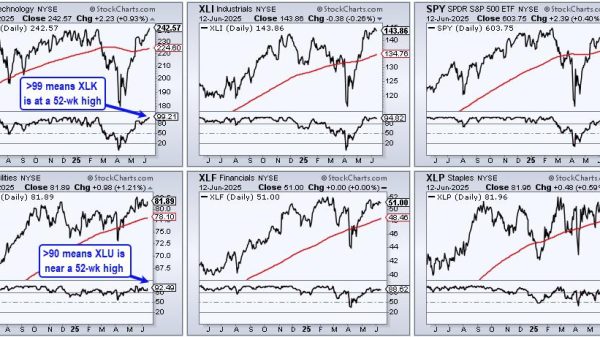What Do You Need to Know About a Real Estate Asset Manager?
Do you know what is the difference between a real estate asset manager and a property manager?
Real estate asset managers and property managers play vital roles in the management and operation of real estate properties. While their responsibilities may overlap to some extent, there are key distinctions between these two roles.
In this article, we’ll delve into the difference between a real estate asset manager and a property manager.
Let’s start with a real estate asset manager.
A real estate asset manager is primarily focused on the strategic management and financial performance of real estate assets.
Their role is centered around maximizing the value of a property portfolio and achieving the investment objectives of property owners or investors. Here are some key aspects of a real estate asset manager’s responsibilities:
Portfolio strategy: Asset managers develop and execute the overall investment strategy for a property portfolio. This involves analyzing market conditions, identifying investment opportunities, and determining the appropriate asset allocation to optimize returns.
Functions of a real estate asset manager (part two)
Financial analysis: Asset managers conduct financial analysis and feasibility studies to evaluate the potential profitability of real estate investments. They assess factors such as market trends, rental income potential, operating expenses, and financing options to make informed investment decisions.
Acquisition and disposition: Asset managers are involved in the acquisition and disposition of real estate assets. They identify properties suitable for investment, negotiate purchase agreements, coordinate due diligence processes, and oversee property sales when necessary.
Risk management: Asset managers assess and manage risks associated with real estate investments. They develop risk mitigation strategies, analyze insurance coverage, and ensure compliance with regulatory requirements. They also monitor market conditions and adjust investment strategies as needed to minimize risk exposure.
Performance monitoring: Asset managers closely monitor the financial performance of real estate assets. They analyze revenue streams, expenses, and market trends to evaluate the profitability of properties. Regular reporting and financial analysis help them make informed decisions and take corrective actions if needed.
Investor relations: Asset managers act as a point of contact for property owners or investors. They provide updates on property performance, financial statements, and any relevant information that may impact investment decisions. They also handle communication regarding asset performance, investment strategies, and potential opportunities or risks.
Property Manager
A property manager, on the other hand, is responsible for the day-to-day operations and maintenance of individual properties within a portfolio.
Their focus is on ensuring that properties are well-managed, tenants are satisfied, and rental income is maximized. Here are some key aspects of a property manager’s responsibilities:
Tenant management: Property managers handle tenant-related matters.
This includes marketing and advertising vacant units, screening potential tenants, negotiating lease agreements, collecting rent payments, etc.
Property maintenance: Property managers oversee the maintenance and upkeep of properties. They coordinate repairs, renovations, and routine maintenance activities. They may hire and supervise maintenance staff or contractors to ensure that properties are well-maintained and comply with safety and health regulations.
Rent collection and financial administration: Property managers are responsible for rent collection, managing financial records, and handling property-related expenses. They ensure that tenants pay rent on time, handle late payments, and maintain accurate financial records for property owners.
Lease and legal compliance: Property managers ensure lease agreements are properly executed and enforceable.
They stay updated on relevant laws and regulations to ensure compliance with tenant rights, fair housing laws, building codes, and other legal requirements. They may handle legal issues such as evictions or disputes with tenants.
Vendor and contractor management: Property managers oversee relationships with vendors, contractors, and service providers. They coordinate and supervise maintenance work, obtain competitive bids, negotiate contracts, and ensure that services are delivered efficiently and cost-effectively.
Property inspections and reporting: Property managers conduct regular property inspections to identify maintenance needs, safety concerns, or violations. They prepare reports on property conditions, maintenance activities, and tenant occupancy for property owners or investors.
Real estate portfolio
We should also discuss the importance of a real estate portfolio.
A real estate portfolio is a collection of properties owned by an individual or a company. It is an investment strategy that involves acquiring and managing different types of real estate assets to generate income and build wealth.
A well-diversified real estate portfolio typically includes a mix of residential, commercial, and industrial properties in various locations.
One of the key benefits of a real estate portfolio is its potential for long-term appreciation. As property values tend to increase over time, owning a diverse range of properties can provide a hedge against market fluctuations and inflation.
Additionally, real estate investments often offer consistent cash flow through rental income, making them attractive for investors seeking regular returns.
For example, a real estate portfolio might consist of residential properties such as single-family homes, apartments, or condominiums. These properties can provide a steady stream of rental income and potential tax benefits.
Commercial properties, such as office buildings, retail spaces, or warehouses, offer the potential for higher rental yields and longer lease terms.
Industrial properties, including manufacturing facilities or distribution centers, can provide stable returns from long-term leases.
A diversified real estate portfolio may also include investment in real estate investment trusts (REITs) or real estate mutual funds. These investment vehicles allow individuals to gain exposure to a broader range of properties and markets without directly owning physical properties.
Managing a real estate portfolio involves various tasks, such as property acquisition, leasing, maintenance, and financial analysis. Investors may choose to handle these responsibilities themselves or hire property managers to oversee day-to-day operations.
Conclusion
In summary, a real estate asset manager focuses on the strategic management and financial performance of property portfolios. They handle aspects such as portfolio strategy, financial analysis, risk management, and investor relations.
Property managers, on the other hand, are responsible for the day-to-day operations and financial administration of individual properties within a portfolio. Their role is to ensure that properties are well-managed and rental income is optimized.
The post What Do You Need to Know About a Real Estate Asset Manager? appeared first on FinanceBrokerage.


























